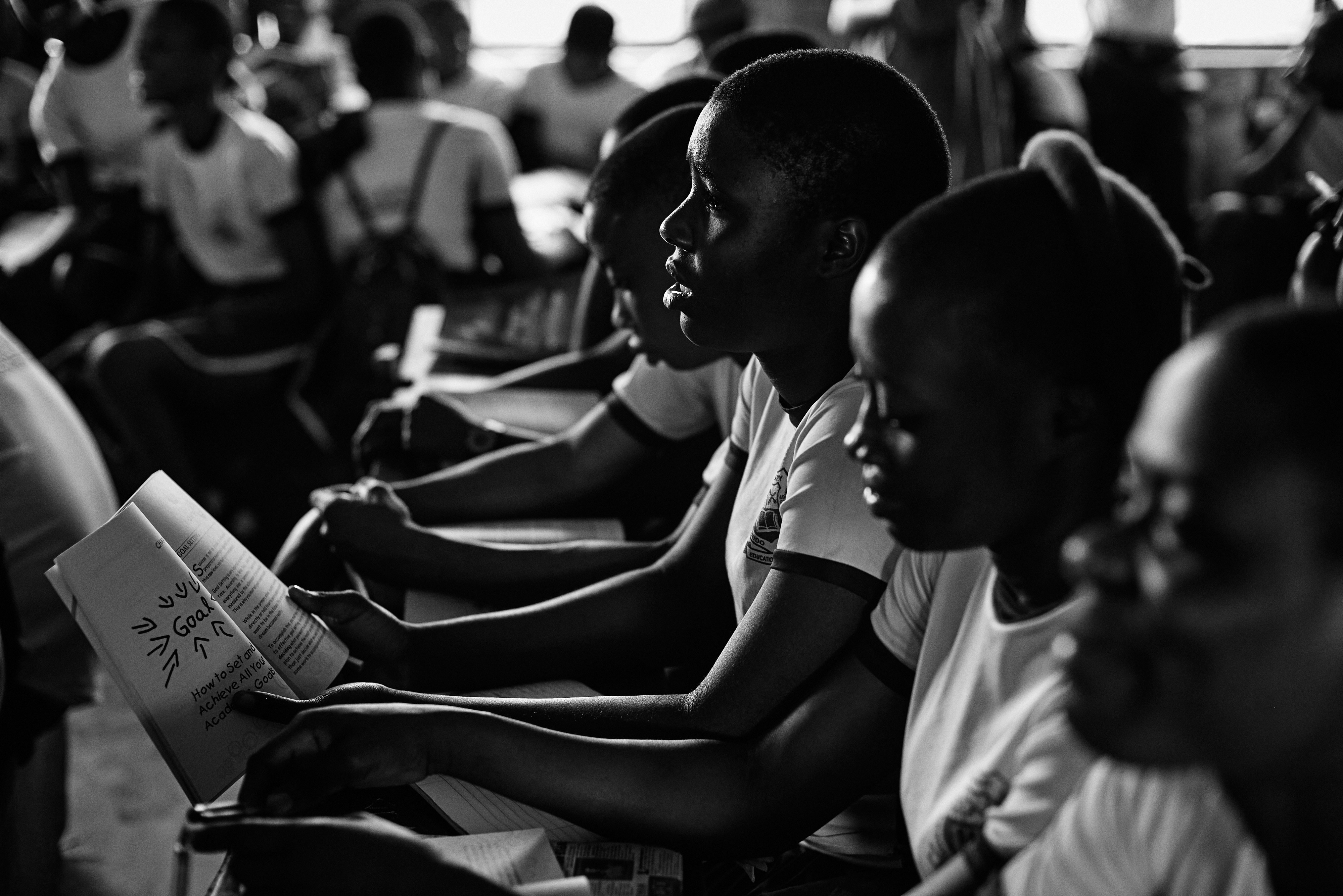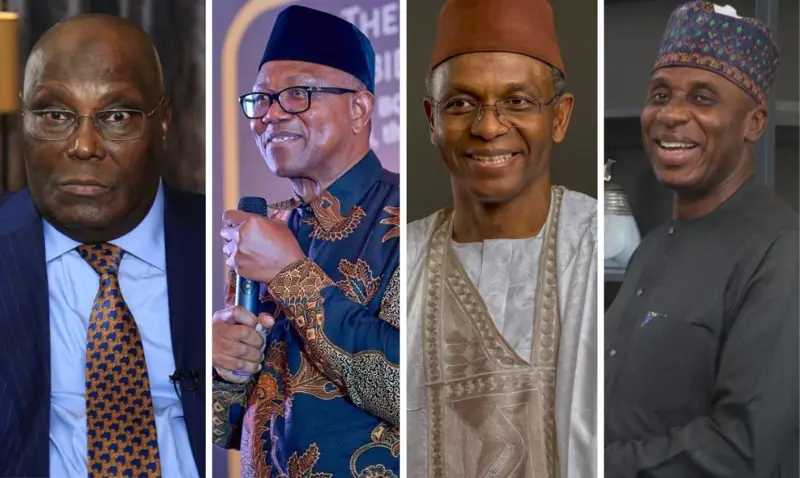

There is a difference between exposing corruption for the sake of it and exposing corruption within a firmament of radical ideological grounding. Not that the former is bad, but the problem is that it goes nowhere; it lacks the revolutionary content required for radical social reconstruction.
A well-known philosopher once wrote that being radical means to "grasp the matter by its roots." I stand by this today and always. The surface exposure to corruption, particularly in African countries, will never be enough. The African anti-corruption journalist or activist or whoever must be intellectually and morally equipped to prod deeper than the blights on the surface. They must also be willing to explore the depths and intricacies of why corruption even exists on that scale in the first place. Unfortunately, only a few African anti-corruption journalists and activists currently serve this purpose. The reason, simply put, is miseducation.
In Nigeria, decades of miseducation will not let the millions grasp nor admit that the British colonial program is still deeply entrenched in our academic system and society. Radical African scholars have written extensively on the fact that the people who control your thoughts wield significant control over your actions. That is why political awareness and political action in Northern Nigeria (Core-North) differ monumentally from the level of political awareness in Southern Nigeria. Theirs is ideological, even when (seemingly) perverse, ethno-religious, and ultranationalist. Of course, much of that is due to the highly political influence of the dominant religion in that part of Nigeria on their political program. Regardless, the point is that their endurance threshold is significantly lower when dealing with anyone who isn't a core northerner than when dealing with a core northerner, never mind the unenviable malversation by politicians from the core-north.
Now, it is heart-wrenching to see the tepid and, in some cases, hostile reaction of Nigerians when a journalist committed to a pro-Africa ideological program, even at no slight personal cost, exposes the perfidious collaboration between the capitalist peons in our society and the neoliberal corporatists surreptitiously pushing their neocolonial agenda through these malicious organizations in Nigeria and the rest of Africa. Even in the days of the military, when student movements were under constant attacks, people were not this ideologically nescient and puerile.
Both the knowledge of the intrinsic distinctions between social classes and the socioeconomic imperatives for African countries are lost on the majority of Nigerians (and West Africans in general) today. Never mind that the same Western countries that superimposed neoliberal policies on African countries are now grappling with the extreme consequences of those policies as reified by the recrudescence of ultranationalism, which people are gruesomely mistaking for racism as if racism ever disappeared.
Yesterday, I saw a young Kenyan protester addressing the press on the unholy alliance between African politicians and Western neoliberal corporatists and governments—and how this lecherous relationship is ruining the lives of ordinary Africans. He was not only eloquent; his arguments were also coherent. So, there lies your answer for why young Kenyans are still on the streets, willing to risk everything, including their lives, but Nigerians (Southern Nigerians especially) can hardly cognize their enemies, let alone confront them. Education—and I do not mean miseducation or lateral education—is fundamental to Africa's prosperity.
Nigeria's educational program needs to be taken apart and redesigned so that Nigerians can escape the current trap of lateral (mis)education imposed by their colonial masters. It makes no sense that nearly a million "graduates" leave our tertiary institutions yearly with minds that cannot form coherent thoughts on anything, let alone Africa's relationship with the rest of the world and the trajectory we must follow to achieve total liberation and economic prosperity. But I am not delusional. None of that will happen until the current Nigerian state is reconditioned. In the meantime, however, Nigeria (and much of Africa) can benefit from social realism literature, my skepticism aside.
And yes, Africa's climate pledge must be underscored by the understanding that our socioeconomic realities will guide our climate action. Whatever climate crisis the world is grappling with today cannot become Africa's burden to the detriment of her development. If there are development opportunities that Africa must explore for her own sake, she must do so bullishly, the same way the so-called leading economies of the world today did (and still do)!
Leave a Reply
Your email address will not be published. Required fields are marked *



Comments (0)